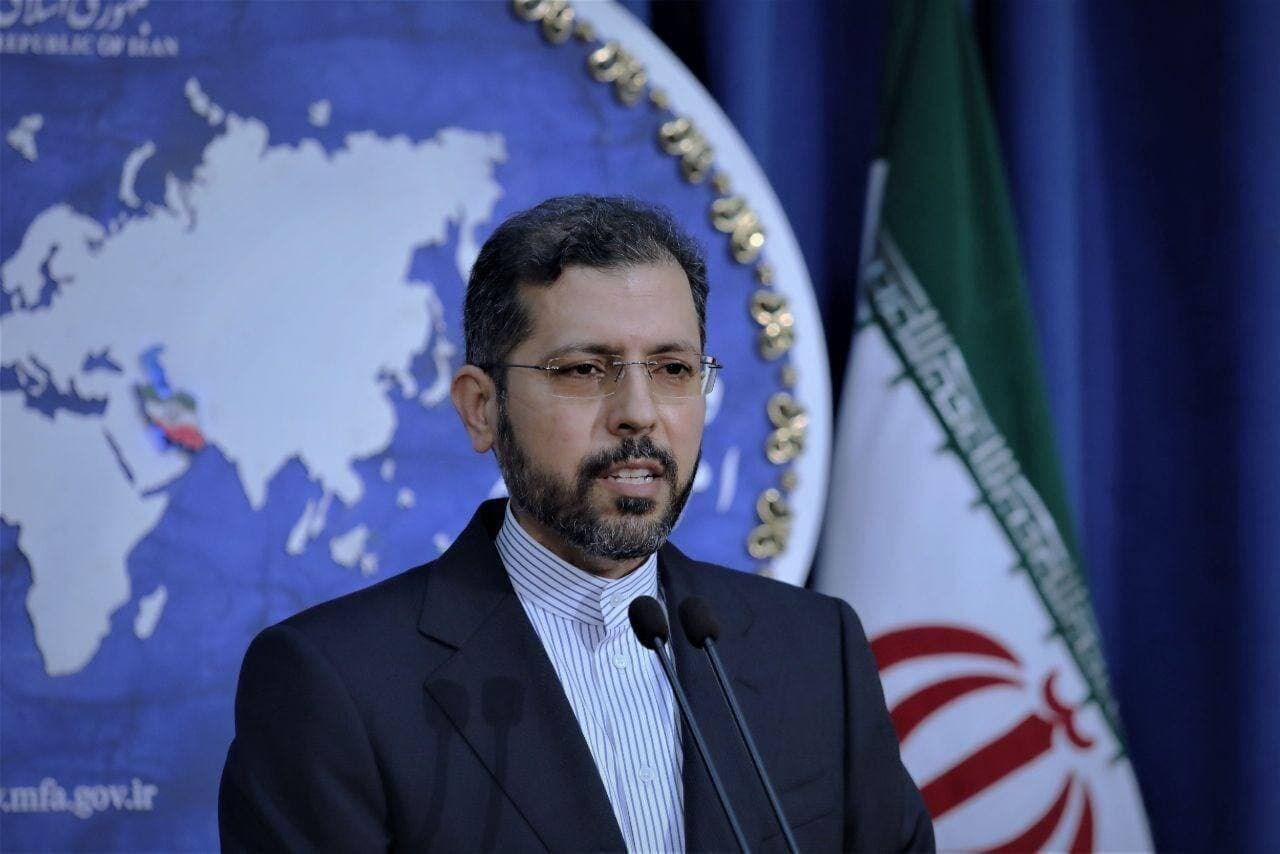Iran: EU Statements on Mercer Street Biased Toward "Israel"
Saeed Khatibzadeh, the spokesperson of the Iranian Ministry of Foreign Affairs, says Josep Borrell's statements do not contribute to stabilizing security in the region, says Iran never left the Vienna talks.
-

Iranian Ministry of Foreign Affairs Saeed Khatibzadeh
Saeed Khatibzadeh, the spokesperson for the Iranian Minister of Foreign Affairs, commented on High Representative of the European Union, Josep Borrell's statements, saying, "His statements do not contribute to stabilizing security in the region, and they are biased toward the Zionist enemy after their silence."
The High Representative of the European Union for Foreign Affairs and Security Policy, Josep Borrell, had said Sunday, "All available evidence clearly points to Iran" regarding the attack on Mercer Street, the Israeli tanker in the Sea of Oman.
"Such reckless and unilateral actions against international law and threatening to international peace are unacceptable and need to stop," Borrell added, continuing to say, "Freedom of navigation must be guaranteed in accordance with international law."
Ambassador Zahra Ershadi, Representative of Iran to the United Nations, reiterated her country's rejection of the allegations made by Western countries and "Israel" in light of the attack on Mercer Street in late July.
In another context, commenting on the Vienna talks, Saeed Khatibzadeh asserted that Iran did not leave the talks and that waiting for the democratic transition of power in Iran is natural. He indicated that Iranian President Hassan Rouhani explicitly announced that he would hesitate in seeking ways to lift sanctions on the Iranian people.
"We must wait for the cabinet formation to resume the talks, and everyone must know that Iran will not settle for less than the JCPOA's terms. Washington must realize that it will not gain anything if the Trump mentality and logic continue," he added.
Khatibzadeh highlighted that since the US knows the sanctions and maximum pressure policy have been defeated, they should also know that they must fulfill their obligations under the JCPOA so that Iran could return to its obligations.
The United States State Department had previously accused Tehran of evading responsibility for the deadlock the Vienna talks have reached, rejecting that an agreement had been reached on the prisoner swap.
Meanwhile, Iran's negotiator Abbas Araghchi asserted earlier that "The Vienna talks must await the formation of a new government in Iran."

 2 Min Read
2 Min Read








